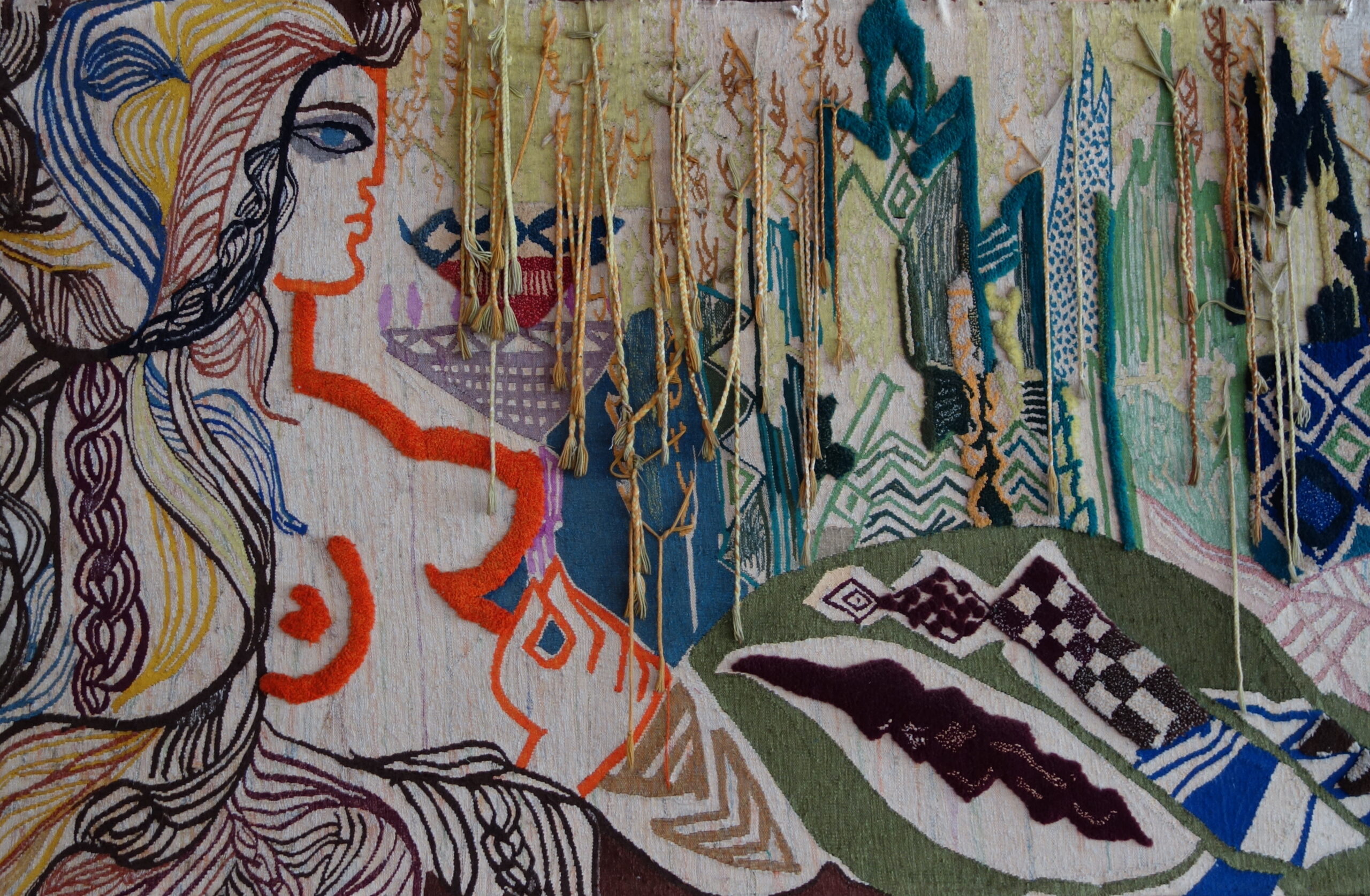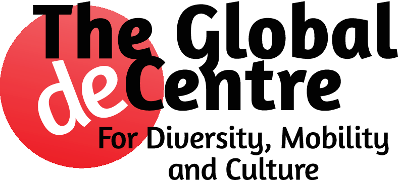
Plenary Session III: On Weaving and Deciphering the Biographies of Artists, by Jessica Gerschultz
Third plenary session as part of the Summer School Moving Biography, all welcome
Monday, 6 June 2022, 2.30-4pm Sursock Museum Auditorium
Plenary session III (moderated by Kirsten Scheid): A talk by Jessica Gerschultz (University of Kansas)
On Weaving and Deciphering the Biographies of Artists
Jessica Gerschultz (University of Kansas)
How might the transformative act of weaving illuminate biographical elements? What can the intertwining of biographies tell us about how artists lived and created in social and historical context? This presentation reflects on my writing about the life and artistic career of Safia Farhat (1924-2004) and her collaborator Habiba Doula (b. 1946). Farhat was the sole female member of the École de Tunis, an elite group of Tunisian, French, and Italian artists formally trained as painters. Doula was one of eight women weavers from the laboring class who translated Farhat’s sketches into monumental, three-dimensional woven forms and imbued them with their own meaning. In researching Farhat’s artistic trajectory, I could not disentangle her history and œuvre from her lived experience as a woman, and specifically, as one who engaged with Doula and other women in deeply imaginative and generative processes. Their creativity traversed generational and class lines, and refuted colonial-inflected notions of authorship and of weaving as rote feminine labor. The collaborative, gendered nature of weaving a Farhat-signed tapestry, I argue, beckons the simultaneous consideration of multiple biographies.
Inspired by listening to Doula’s recollections and creative interpretations, I consider how a weaver’s mêtis, or “transformative intelligence,” reveals biographical elements un-recorded in writing. How does the creative act of weaving “speak” about processes of production and the stories of those (re)-imagining an artwork into existence? What roles do oral history, memory, and non-linear time play in deciphering the less visible lives of a tapestry’s creators? My lecture concludes by suggesting that biographical dimensions are not only embedded within Farhat’s voluminous fiber compositions of female figures, but also their threads inserted self-reflexive, feminine “speech” into masculine spaces of power.
Short Biography: Jessica Gerschultz is an Associate Professor in the Department of African and African- American Studies at the University of Kansas. Her research examines modern and contemporary art, gender and craft, and feminist art histories and methodologies. Jessica was an American Council of Learned Societies Fellow in 2016 for the writing of her first book Decorative Arts of the Tunisian École: Fabrications of Modernism, Gender, and Power (Pennsylvania State University Press, 2019). She has published articles and essays, most recently in Under the Skin: Feminist Art and Art Histories from the Middle East and North Africa Today (Oxford University Press, 2020), The Journal of Modern Craft(2020), and The Art Salon in the Arab Region: Politics of Taste Making (Beiruter Texte und Studien, 2018).

